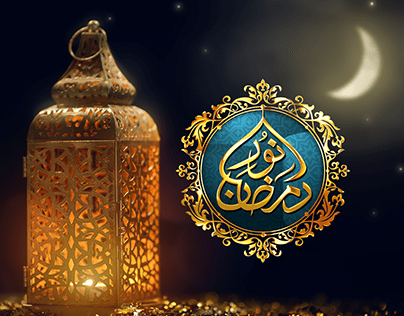For Muslims, Ramadan is a very important and sacred month. It is a time of increased devotion and worship, reflection, and self-discipline. Muslims observe Ramadan by fasting from dawn until sunset, and abstaining from food, drink, and other physical needs during the daylight hours. Fasting is an act of worship and obedience to God and serves as a way to purify the soul and develop self-control, patience, and empathy toward those who are less fortunate.
During Ramadan, Muslims also engage in increased prayer, recitation of the Quran, and acts of charity and generosity. The month is seen as an opportunity to strengthen one’s relationship with God, seek forgiveness for past sins, and to renew one’s commitment to living a righteous and compassionate life.
Ramadan is also a time for strengthening community ties and fostering a sense of unity and solidarity among Muslims. The breaking of the fast at sunset, called Iftar, is a time for family and friends to come together and share a meal. Many mosques also host communal Iftars and evening prayers, providing a sense of shared worship and celebration.
Overall, Ramadan is a time of spiritual renewal, reflection, and community for Muslims around the world.
Is fasting for 30 days during Ramadan mandatory for Muslims? And if so, why?
Yes, fasting during the month of Ramadan is mandatory for all able-bodied and mentally capable adult Muslims who have reached the age of puberty. The fast is one of the Five Pillars of Islam, which are the foundational principles of the faith.
The duration of the fast is typically 29 or 30 days, depending on the sighting of the new moon, and it begins and ends with the sighting of the crescent moon. During this period, Muslims abstain from food, drink, smoking, and sexual activity from dawn until sunset, and focus on prayer, charity, and other acts of worship and good deeds.
Fasting during Ramadan is a way for Muslims to demonstrate their devotion and submission to God and to seek forgiveness for past sins. It is also a means of developing self-discipline, self-control, and empathy toward those who are less fortunate. By experiencing hunger and thirst, Muslims gain a deeper understanding of the suffering of those who are in need and are encouraged to be more charitable and compassionate towards others.
Fasting during Ramadan is not only a religious obligation but also a spiritual opportunity for Muslims to strengthen their faith and grow as individuals. It is a time for reflection, self-improvement, and recommitment to living a righteous and compassionate life.
In addition to fasting, Muslims are also called to increase their prayer and recitation of the Quran during Ramadan. The month is seen as a time for spiritual reflection, self-improvement, and strengthening one’s relationship with Allah.
Muslims are also called to be generous and charitable during Ramadan, giving to those in need and supporting the less fortunate. This includes giving zakat, a form of obligatory charity, and engaging in other acts of kindness and compassion towards others.
Overall, Ramadan is a time when Muslims are called by Allah to increase their devotion and good deeds and to strive towards becoming better people and more faithful believers.


































